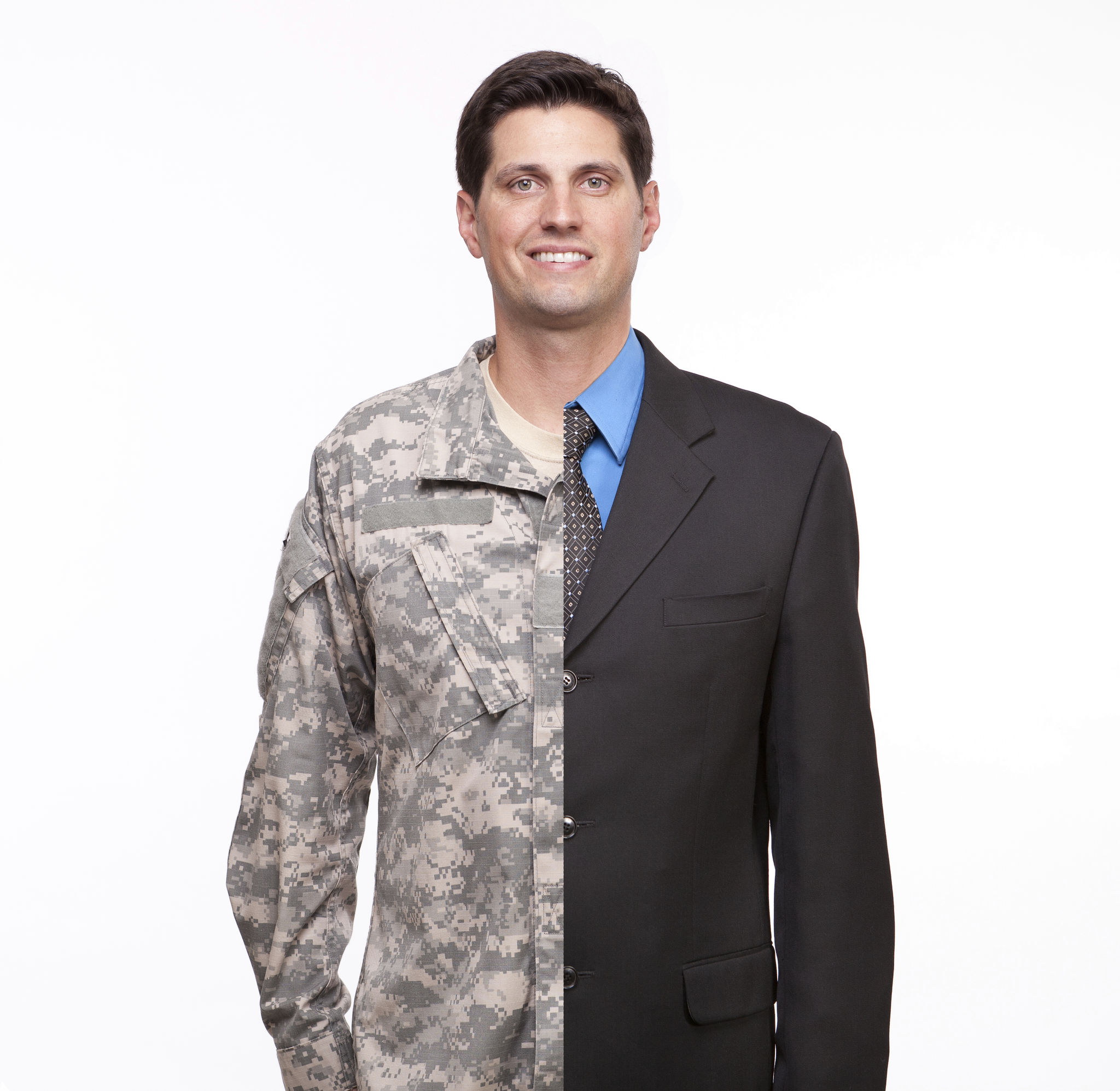From Military to Civilian: Key Challenges Veterans Face and How to Overcome Them
Transitioning from Military Life to Civilian Life
For many veterans, the shift from military to civilian life can be a challenging journey. The structured environment of the military contrasts sharply with the often unpredictable nature of civilian life. This transition involves not only a change in daily routines but also a shift in identity and purpose. Understanding these challenges is the first step toward overcoming them.

Finding New Career Paths
One of the most significant challenges veterans face is finding employment that matches their skills and experience. Military roles are often highly specialized, and translating those skills into civilian job qualifications can be daunting. It's important for veterans to seek out resources that offer career counseling and resume workshops specifically tailored to their unique backgrounds.
Networking is another crucial aspect. Attending job fairs and connecting with veteran-friendly employers can lead to opportunities that may not be advertised elsewhere. Additionally, pursuing further education or vocational training can enhance a veteran's employability in the civilian workforce.
Adjusting to Civilian Culture
The cultural differences between military and civilian life can also pose significant challenges. The military's emphasis on hierarchy and discipline is often replaced by a more relaxed social structure in civilian life. Veterans may find it difficult to adapt to environments where decision-making processes and teamwork dynamics differ from what they are used to.

To ease this transition, veterans should consider joining support groups or organizations where they can connect with others who have similar experiences. These groups provide a platform for sharing stories, advice, and strategies for dealing with cultural adjustments.
Coping with Emotional and Psychological Changes
The mental health of veterans is a critical concern as they transition to civilian life. Many face challenges such as PTSD, anxiety, or depression resulting from their service. Accessing mental health services is vital, yet some veterans may hesitate to seek help due to stigma or lack of awareness about available resources.
Veterans should be encouraged to take advantage of counseling services offered by organizations like the Department of Veterans Affairs. Peer support groups can also provide a safe space for veterans to discuss their experiences and emotions.

Building a New Support Network
Leaving the military often means leaving behind a close-knit support network. Building new relationships in civilian life can be difficult but is essential for overall well-being. Veterans should actively seek out community organizations or activities that align with their interests, whether it's volunteering, sports, or creative endeavors.
- Join local veteran organizations.
- Participate in community events.
- Engage in hobbies or sports.
Embracing the Journey
The transition from military to civilian life is a journey that requires patience, resilience, and support. By recognizing the challenges and proactively seeking solutions, veterans can successfully adapt to their new environment. It's important for communities and employers to support veterans by providing resources and understanding as they make this significant life change.
Ultimately, the skills and experiences gained in the military can be invaluable assets in civilian life when properly translated and applied. Embracing these strengths can lead to fulfilling careers and enriched personal lives for those who have served our country.
